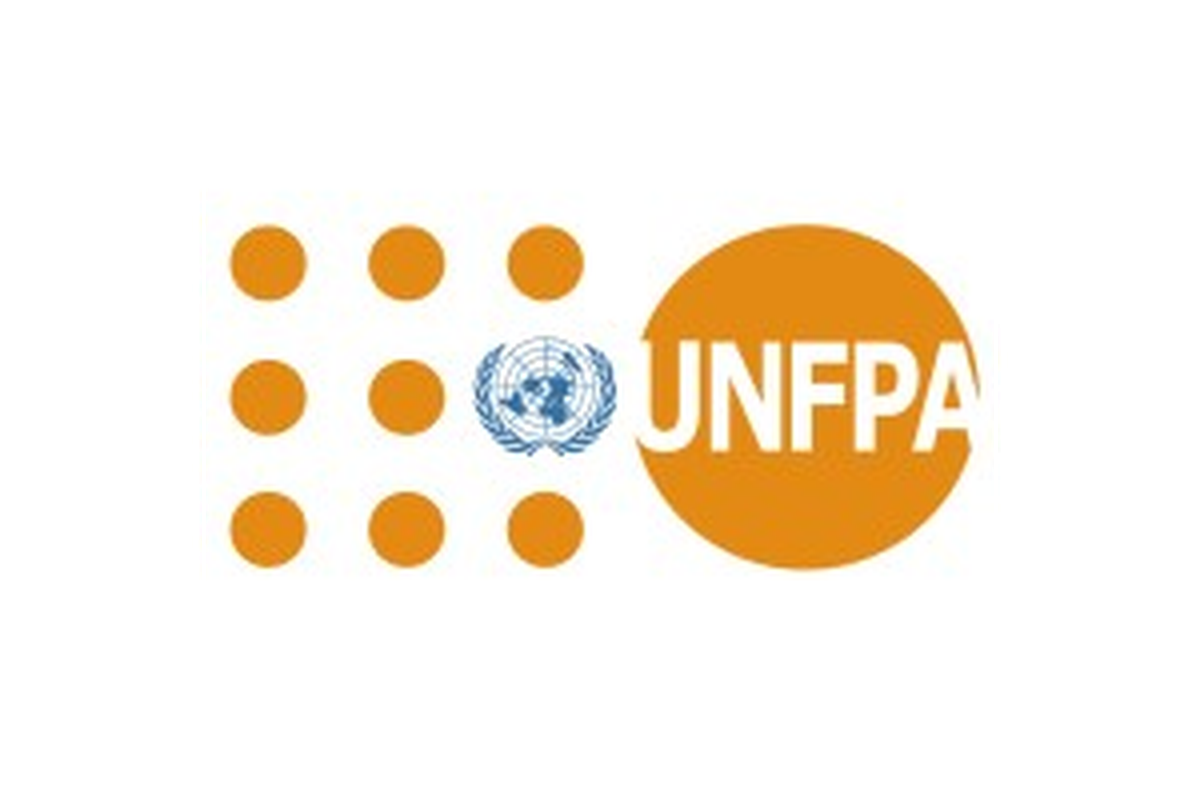
Background:
Diversity, Equity and Inclusion are core principles at UNDP: we value diversity as an expression of the multiplicity of nations and cultures where we operate, we foster inclusion as a way of ensuring all personnel are empowered to contribute to our mission, and we ensure equity and fairness in all our actions. Taking a ‘leave no one behind’ approach to our diversity efforts means increasing representation of underserved populations. People who identify as belonging to marginalized or excluded populations are strongly encouraged to apply. Learn more about working at UNDP including our values and inspiring stories.
UNDP does not tolerate sexual exploitation and abuse, any kind of harassment, including sexual harassment, and discrimination. All selected candidates will, therefore, undergo rigorous reference and background checks.
The Office of Audit and Investigations (OAI) reports to the Administrator and is responsible for internal audit and investigations services to UNDP and its affiliated entities. OAI provides independent, objective assurance on the effectiveness of risk management and the effectiveness and adequacy of internal controls. As part of its assurance work, OAI audits projects directly implemented by UNDP (DIM projects). Normally, OAI engages audit firms to conduct such project audits on its behalf and under its supervision. Project audits may be limited to an audit of the project's financial statements or may also encompass an audit of the project's internal controls and systems. The resulting audit reports are disclosed to donors. OAI also supports the annual audit exercise of non-governmental/ nationally implemented projects (HACT/NIM projects) in some 150 countries where UNDP operates and reviews and analyses the resulting audit reports submitted by audit firms and government audit institutions.
OAI has a decentralized organizational structure with Directorate and other headquarter units based in New York, and Regional Audit Centre’s (RACs) located in five regions: Kuala Lumpur, Malaysia (Asia Pacific), Pretoria, South Africa (East and South Africa), Dakar, Senegal (North, West and Central Africa), Panama City, Panama (Latin America and the Caribbean) and Istanbul, Turkey (Europe and the CIS).
The Audit Analyst reports to the Chief of the RAC for East and Southern Africa (RAC-ESA). The RAC-ESA is staffed with a Chief (P-5 level), four Audit Specialists (3 P-4 and 1 P-3), one Audit Analyst (P2), and one Administrative Associate (GS-6 level).
Position Purpose:
The Regional Audit Centre for East and Southern Africa (RAC-ESA) covers a portfolio of 23 UNDP country offices in the region. The primary role of the Audit Analyst is to perform internal audits of UNDP country offices in the region, to review the annual Harmonized Approach to Cash Transfer (HACT)/National Implementation (NIM)/NGO and Direct Implementation (DIM) audit exercises under the direct supervision of the RAC Chief. The location of the offices covered by the RAC-ESA may include areas with hardship or hazardous working conditions.
UNDP adopts a portfolio approach to accommodate changing business needs and leverage linkages across interventions to achieve its strategic goals. Therefore, UNDP personnel are expected to work across units, functions, teams, and projects in multidisciplinary teams in order to enhance and enable horizontal collaboration.
1) Participates in the annual exercise for the audit of projects directly implemented (DIM) by UNDP
This includes:
Review the annual DIM plan and support the preparation of RFP to external audit firms;
Assess qualitatively and quantitatively proposals for audit services received from audit firms;
Oversee the work by audit firms and provides clarifications to external audit firms;
Assess draft and final reports produced by external audit firms;
Monitor the implementation of agreed recommendations and advises on problem areas; and
Assess the performance of the work performed by the audit firms.
2) Participates in the annual review of Harmonized Approach to Cash Transfer (HACT)/NIM/NGO audit reports that cover projects implemented by either, national institutions or non-governmental organizations
This includes:
Review of annual HACT/NIM/NGO audit plans submitted by country offices;
Qualitatively assess the HACT/NIM/NGO audit reports received;
Assess country office follow-up action plans; and
Preparation of HACT/NIM/NGO review letters and supervision of consultants engaged in the HACT/NIM/NGO exercise.
3) Performs other assignments or tasks as determined by the RAC Chief or OAI Director For example, as a member of an audit team conducts specific elements of the assignment in accordance with the Global Internal Audit Standards and OAI policy guidelines.
4) Contributes to the ongoing development of professional practices within OAI Participates in knowledge sharing sessions, learning activities, etc. Participates in the implementation of his/er personal learning and training development plan. The incumbent performs other duties within their functional profile as deemed necessary for the efficient functioning of the Office and the Organization.
Education:
-Advanced university degree (master's degree or equivalent) in Business Administration, Public Administration, Finance, or related field is required;
-A first-level university degree (bachelor’s degree) in the areas mentioned above, in combination with one or more of the following: a) certification as a Chartered Accountant, b) certification as a Certified Public Accountant, or c) 2 years of an additional relevant experience will be given due consideration in lieu of the advanced university degree;
-Certified Internal Auditor (CIA) designation desirable; in the absence of CIA certification, willingness to successfully/ timely complete professional audit qualifications required/ sponsored within acceptable parameters set by OAI.
Experience:
-A minimum of 2 years (with master’s degree) or 4 years (with bachelor’s degree) of professional experience in audit or another directly relevant area, such as internal audit, program evaluation, international policy, or project management is required;
-Working experience in International Organizations or national Supreme Audit Institutions is desirable;
-Field experience is an advantage;
-Experience in performance audits is an advantage.
Language:
Fluency in English is required.
Working knowledge of other languages (e.g., French, Spanish, Portuguese) is an advantage.
Professional Certificates:
Additional professional certifications (e.g., CISA, CFE) are an advantage.
Harare
Expires
UNESCO International
The position offer …
Harare
Expires
Technical Training Centre
To be shared with s…
Harare
Full Time
16 Nov 2024
09 Nov 2024